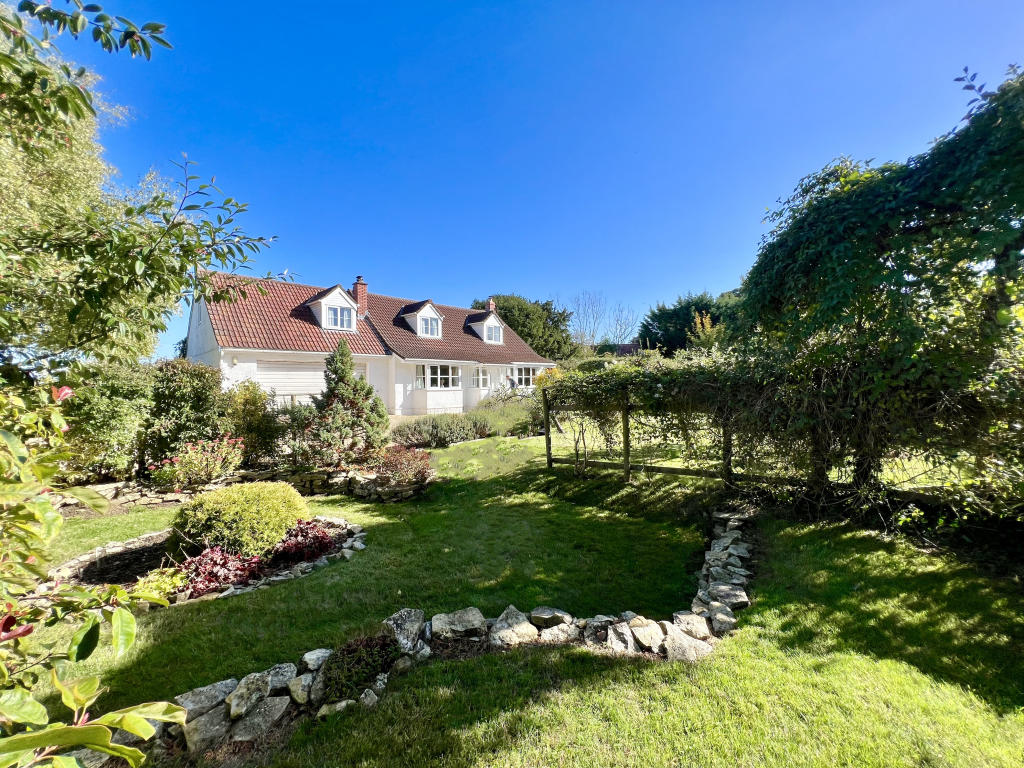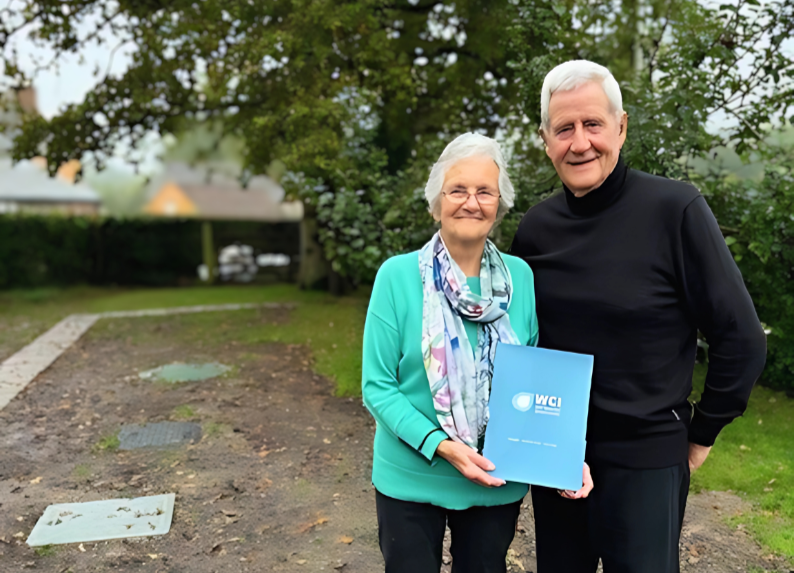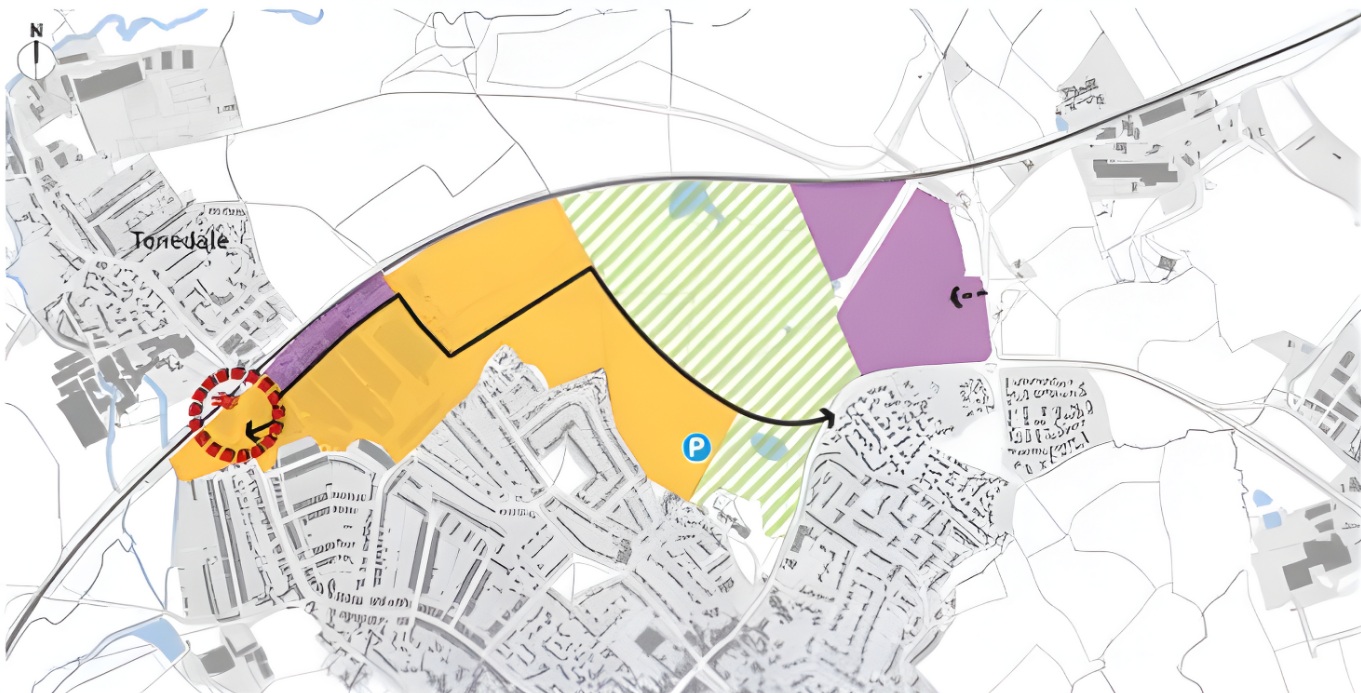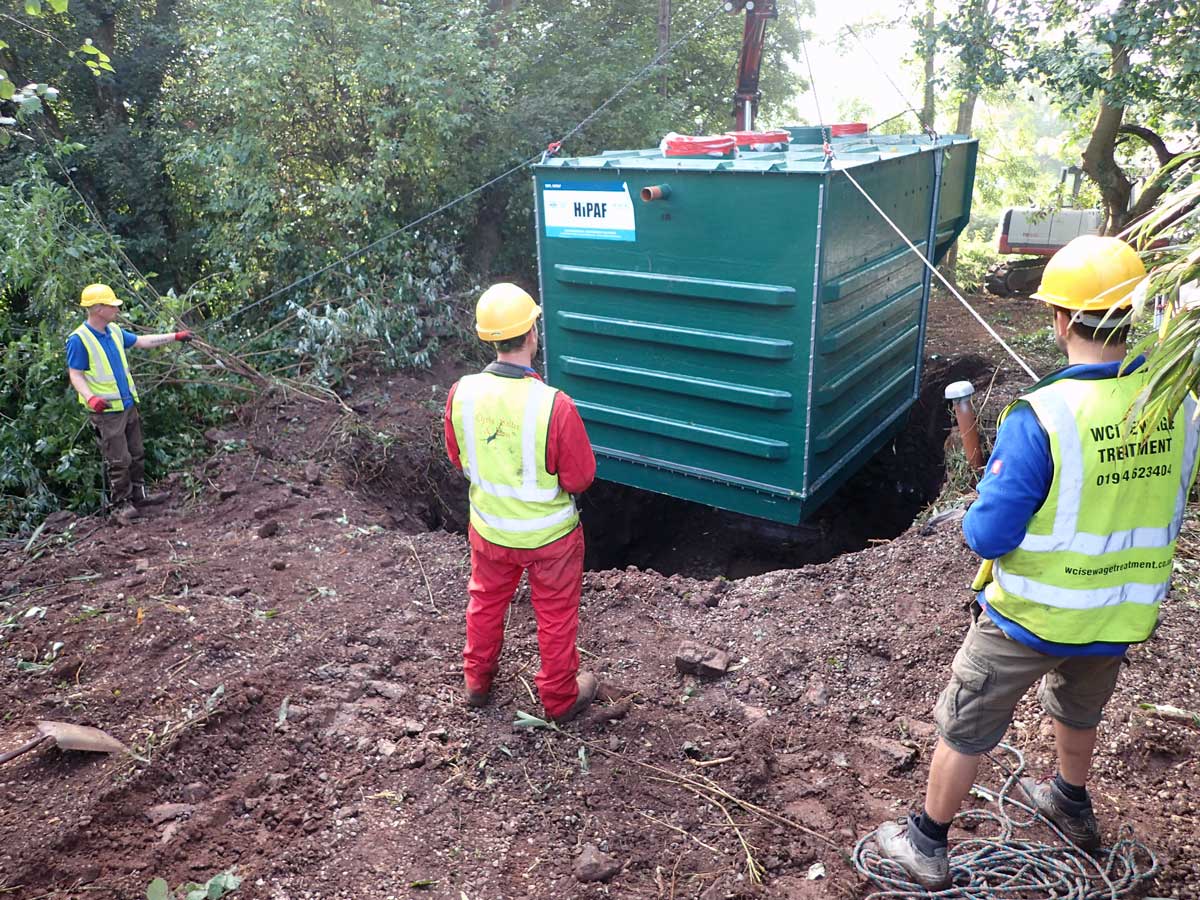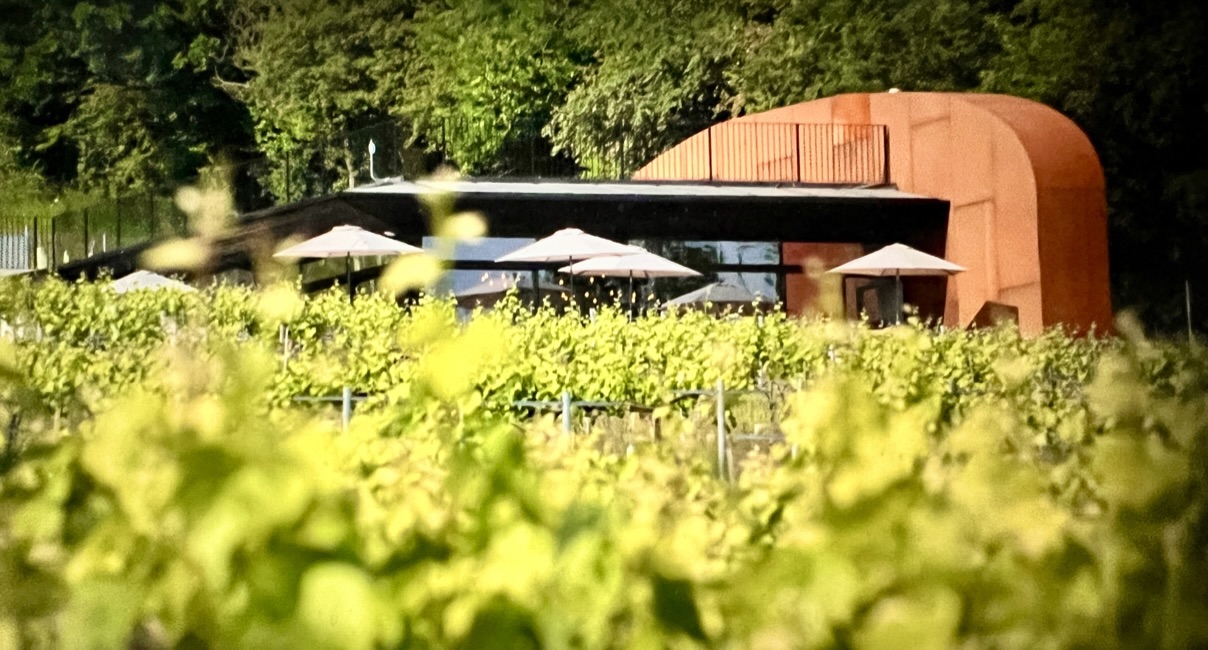INSTALLATION & GROUNDWORKS
Specialist Domestic & Commercial drainage engineers with 40 genuine years’ experience in Water, Wastewater & Potable (Drinking Water).
We install all makes and models of sewage treatment plant, septic tank, drainage field, soakaway, pumping station and rainwater harvesting system as well as mains sewer connection and drainage of all types.
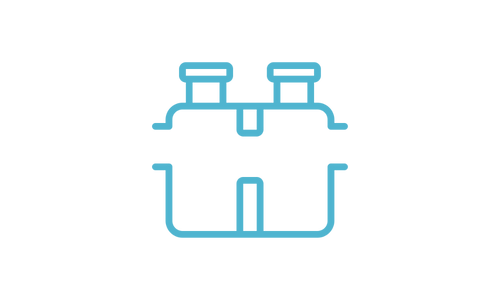
SEPTIC TANKS - DRAINAGE FIELDS
The most requested survey for both domestic & commercial settings, the investigation of a smell or odour issue arising from a foul drainage system
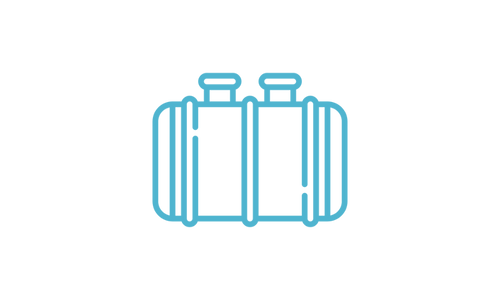
SEWAGE TREATMENT PLANTS
This type of system treats sewage to a standard that is suitable for discharge into a ditch, stream or river without the need for a soakaway/drainage field.
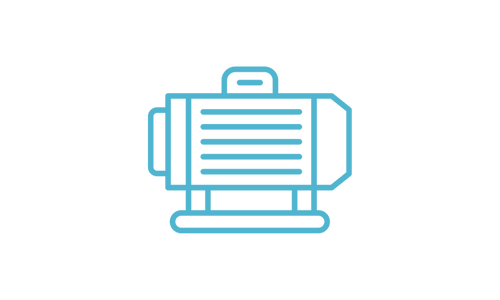
PUMPING STATIONS
From small final effluent to large crude sewage, pumping stations move sewage and water to a point of discharge which can’t be reached by gravity alone.

RAINWATER HARVESTING
Capture free, naturally soft, water that falls on your roof and store it for re-use later in-line with Government standards released in June 2025 for new developments in England.
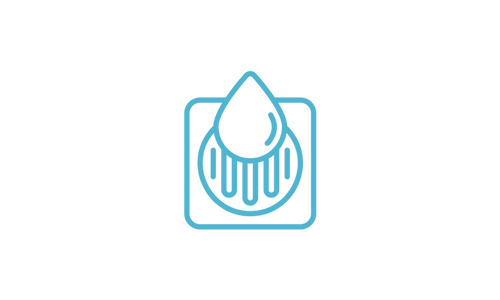
SUSTAINABLE DRAINAGE SYSTEMS
WCI provides SuDS for surface water drainage that balance the commercial requirements of a development with bio-diversity and social utility.
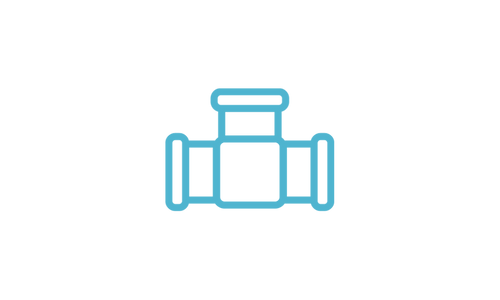
MAINS CONNECTIONS
From pre-development enquiry through to final inspection, our expert teams work together to deliver a seamless solution.
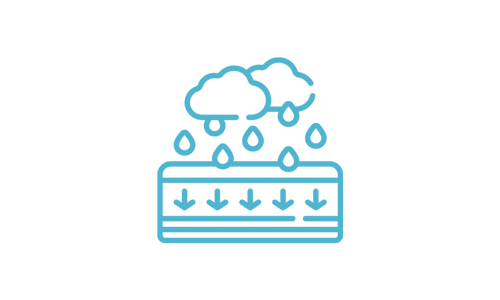
RAINWATER SOAKAWAYS
A drainage trench to manage surface water through a septic tank or an alternative drainage route.
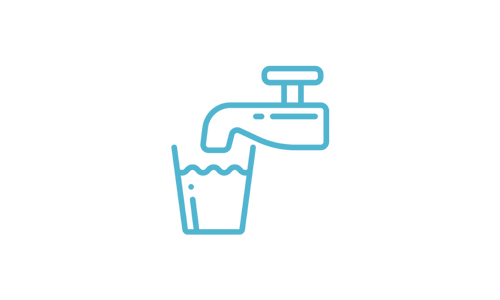
PRIVATE WATER SUPPLIES
From garden irrigation to ‘grey water’ applications like toilet flushing, full potable (drinking) water supplies and industrial process supplies.
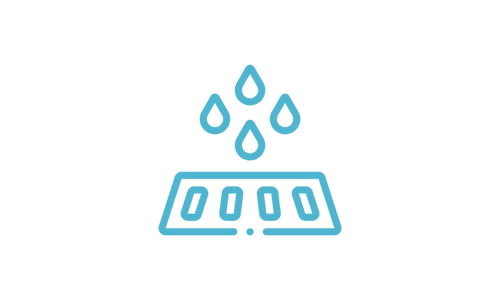
GENERAL DRAINAGE
With over 40 years of experience and a deep knowledge in water & wastewater engineering, WCI has the in-house capabilities to guide your project.
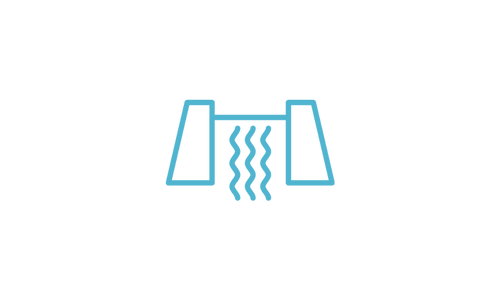
RAISED MOUNDS
Also known as septic mounds, these are above-ground systems used when the soil is unsuitable for a conventional drainage field, such as in areas with high groundwater tables.
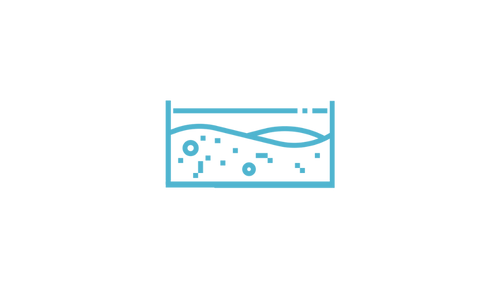
CESSPOOLS
A sealed underground tank that stores sewage and wastewater, and must be emptied regularly by a professional waste disposal service.
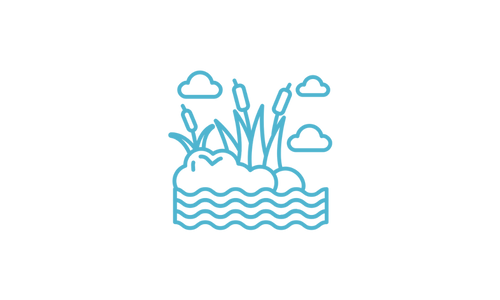
REEDBEDS
An aquatic plant-based filtration system where bacteria in the roots feed on the organic sewage matter to digest pollutants via oxygen transfer.
WCI ensure that our installations are tailored to each clients specific requirements. Our solutions are lasting, from the moment we step foot on your property, we are thinking about delivering compliant and functional solutions that will last. That is why WCI have been called upon to serve domestic, commercial and public sector clients across the UK for over 40 years.
Call to speak to one of our expert Project Engineers today on 01984 623 404 or request a call back to discuss your installation needs and find out how using professional water and wastewater engineers will save you money in the long run
TRUSTED BY:


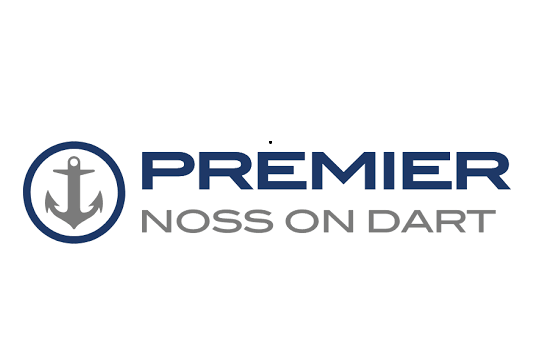
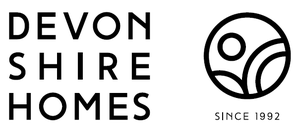


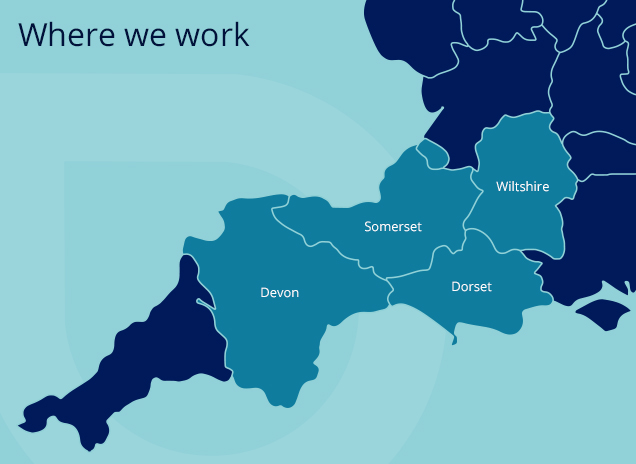
WCI bring together all the capabilities and resources required to plan, design, deliver and maintain water, infrastructure and environmental solutions.
For domestic customers we cover the South-West from Wiltshire to Devon and we work Nationally for commercial and public sector contracts.
Our structure ensures that our designs are grounded in reality with a strong focus on ‘buildability’ and ‘total life’ sustainability, while our construction and maintenance services are built on true technical standards and methodologies.
No matter the size or complexity of a project, WCI deliver integrated solutions to our clients’ requirements.
The WCI Difference.


